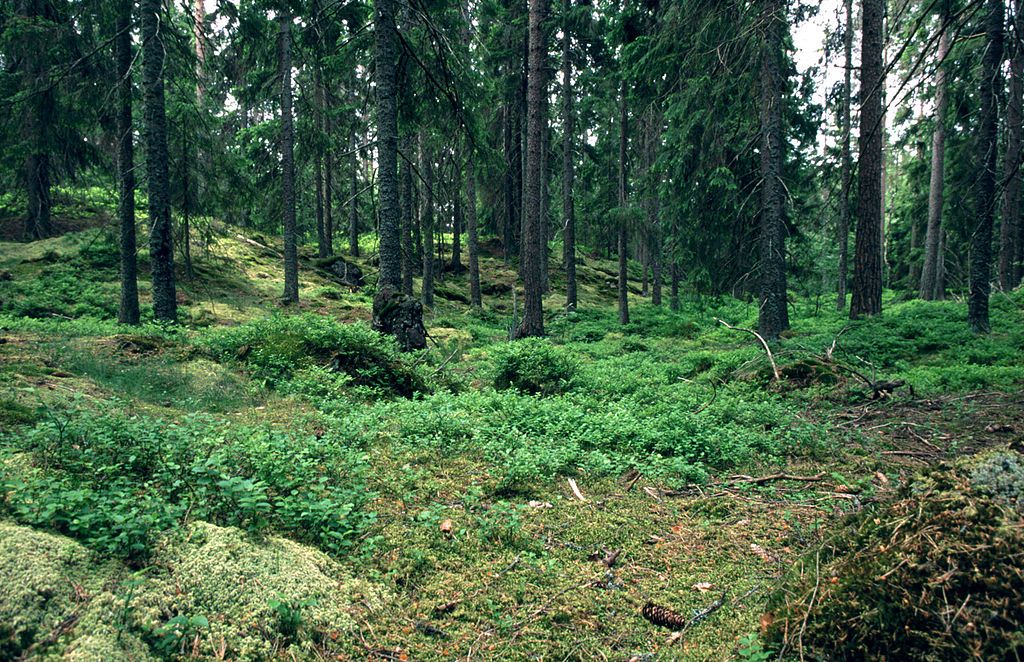In co-operation with researchers, Socialdemokraterne and Radikale have agreed to convert large areas of Danish woodland from timber production sites into natural forest.
Yesterday, they launched a new five-year initiative, allocating 100 million kroner towards the restructuring of the nation’s forests.
“It is a big step forward compared to what we have seen from the government in the past, but it is still far from enough,” Thor Hjarsen, a biologist at the World Wide Fund for Nature (WWF), told Politiken.
Initiative is an EU requirement
According to researchers, the initiative represents the bare minimum that Denmark can do to improve its biodiversity as required by the EU and the UN, and most tend to agree that natural forest is the cheapest and most efficient way to do so.
The environment minister, Kirsten Brosbøl (S), says her focus is, and has always been, on the best ways to leave the forests untouched.
“We have somewhere in the latitude of 39 billion kroner, which the government has granted us until 2020, to use to prioritise nature and biodiversity. We have always been concerned with getting better biodiversity,” Brosbøl told Politiken.
Venstre jumps on the bandwagon
Venstre’s environmental spokesman, Henrik Hoegh, has assured the public that his party’s promise of untouched forests remains in force.
However, he asserts that all or part of the financing may be obtained by throttling the restoration of agricultural land in order to help biodiversity.















